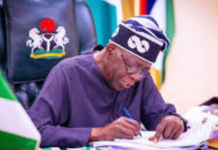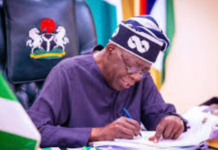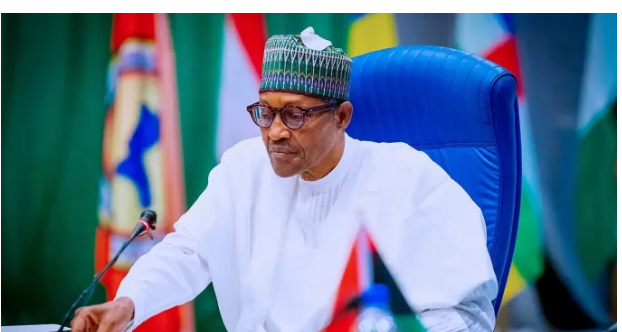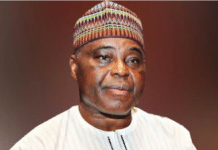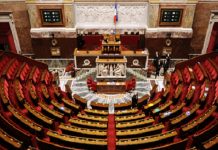As global democracies face growing challenges, there is a rising chorus of calls for the strengthening of democratic institutions to ensure good governance, protect civil liberties, and promote social justice. In Nigeria and across the world, the importance of resilient democratic frameworks is increasingly apparent in the face of political instability, corruption, and declining public trust in governance.
Why Democratic Institutions Matter
Democratic institutions form the bedrock of any democracy. They include the judiciary, electoral commissions, legislatures, and various independent bodies that ensure checks and balances within the political system. When functioning effectively, these institutions:
– Protect the Rule of Law: Ensuring laws are applied equally to all citizens, regardless of status.
– Promote Accountability: Holding public officials and leaders accountable for their actions.
– Enhance Public Trust: Providing citizens with confidence in governance and the fairness of decision-making processes.
– Foster Stability: Preventing the concentration of power and mitigating risks of authoritarianism.
Challenges Facing Democratic Institutions
Across the globe, democratic institutions face several challenges, including:
1. Political Interference: The erosion of independence due to undue influence from political actors.
2. Corruption: Mismanagement and embezzlement that undermine trust in governance.
3. Weak Electoral Systems: Issues like voter suppression, rigging, and lack of transparency in elections.
4. Judicial Inefficiency: Delays in delivering justice and susceptibility to manipulation.
5. Disinformation: The proliferation of fake news, which distorts public opinion and undermines credible institutions.
The Nigerian Context
In Nigeria, the need for stronger democratic institutions has been highlighted by recent political and social events:
– Electoral Integrity: Concerns over the conduct of elections and the performance of the Independent National Electoral Commission (INEC) have led to demands for electoral reforms.
– Judicial Reforms: Calls for a more independent judiciary that can deliver timely and impartial judgments, especially in election-related cases.
– Legislative Accountability: Strengthening the legislature to ensure it can effectively oversee the executive branch without fear or bias.
– Anti-Corruption Efforts: Empowering agencies like the Economic and Financial Crimes Commission (EFCC) to function without political interference.
Global Calls for Reform
The push for stronger democratic institutions is not unique to Nigeria. Around the world, citizens are advocating for reforms to address issues like rising populism, inequality, and authoritarian tendencies. For instance:
– In the United States, debates about electoral college reforms and voting rights are ongoing.
– Across Europe, countries are grappling with the balance between national sovereignty and supranational governance.
– In Africa, many nations face the challenge of transitioning from authoritarian legacies to stable democracies.
Strategies for Strengthening Institutions
To build stronger democratic institutions, governments, civil society, and citizens must prioritize:
1. Independence: Ensuring institutions operate free from undue influence.
2. Transparency: Promoting openness in decision-making processes to build public trust.
3. Capacity Building: Investing in the training and resources needed for institutions to function effectively.
4. Public Engagement: Encouraging citizen participation in governance to enhance accountability.
5. Technology Integration: Leveraging technology to improve transparency, efficiency, and inclusivity in governance processes.
Conclusion
Stronger democratic institutions are essential for ensuring that democracy delivers on its promises of freedom, equality, and prosperity. As Nigeria and other democracies navigate the complexities of the 21st century, investing in resilient frameworks will be crucial for fostering long-term stability and development.
The call to action is clear: only through collective efforts to fortify democratic institutions can societies hope to achieve sustainable governance and social progress.
–For insights and updates on governance and democratic reforms, follow our platform.





